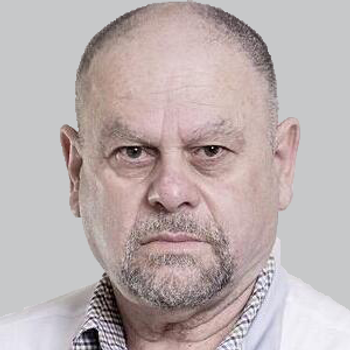
Human studies revealed thinner myelin sheaths in CD59-deficient patients, indicative of a process of segmental demyelination followed by remyelination.

Marco Meglio, Assistant Managing Editor for NeurologyLive, has been with the team since October 2019. Follow him on Twitter @marcomeglio1 or email him at [email protected]

Human studies revealed thinner myelin sheaths in CD59-deficient patients, indicative of a process of segmental demyelination followed by remyelination.
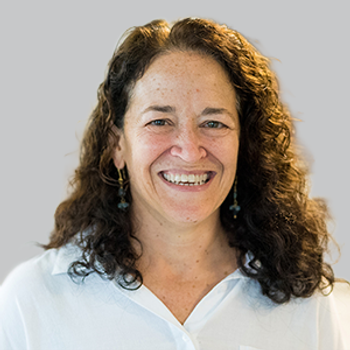
Managing ALS, particularly its respiratory complications, requires a collaborative multidisciplinary team—including neurologists, pulmonologists, and respiratory therapists—working together to address the complexities of respiratory failure, the leading cause of death in these patients.

Although the primary goal was not met, prasinezumab demonstrated encouraging effects on secondary and exploratory measures, such as time to worsening motor function, Clinical Global Impression of Change, MDS-UPDRS motor scores.
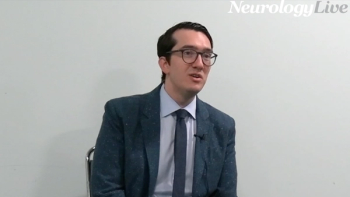
The assistant professor of neurosurgery and neuroscience at Mayo Clinic Arizona discussed an ongoing early-stage study assessing the therapeutic potential of NRTX-1001 nerve cell therapy in drug-resistant unilateral mesial temporal lobe epilepsy. [WATCH TIME: 5 minutes]

In the study, nearly 20% of patients with stable MS who discontinued their DMT had significant inflammatory disease activity compared with no participants who continued on with their treatment.

The proof-of-mechanism study will evaluate single doses of QRL-101 in approximately 12 patients with ALS, focusing on excitability biomarkers like the strength-duration time constant (SDTC), safety, tolerability, and plasma pharmacokinetics, with topline results expected in early 2025.

The cumulative incidence of dementia was higher in people with OSA, particularly for women, across different age groups.
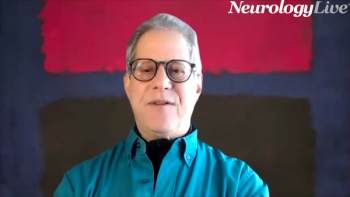
The chief executive officer and cofounder of Amprion provided clinical insight on the novelty behind the company’s synuclein seed amplification assay and how it may better differentiate synucleinopathies diseases like MSA. [WATCH TIME: 8 minutes]

The chief medical officer at Stoke Therapeutics sat down at AES 2024 to discuss the promising data behind STK-001, an investigational antisense oligonucleotide in development for Dravet syndrome.

The positive data, along with data from GRAND CANYON anticipated in early 2025, are thought to be part of a potential future authorization submission for sevasemten in Becker.

Those on intermittent calorie restriction showed a notable improvement in the mental subscale of the MSIS Score and a significant reduction in cognitive and psychosocial fatigue.

Test your neurology knowledge with NeurologyLive®'s weekly quiz series, featuring questions on a variety of clinical and historical neurology topics. This week's topic is on neurostimulation to treat epilepsy.

Obesity was associated with faster progression of disability, including a higher risk of reaching higher EDSS scores, suggesting that increased body weight contributes to MS severity over time.
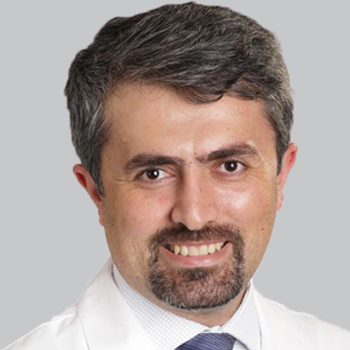
Epileptologists Siddharth Jain, MD, MBBS, and Cemal Karakas, MD, provided commentary on a poster presentation at AES 2024 focusing on factors influencing seizure freedom in children who’ve experienced neonatal and perinatal arterial strokes.
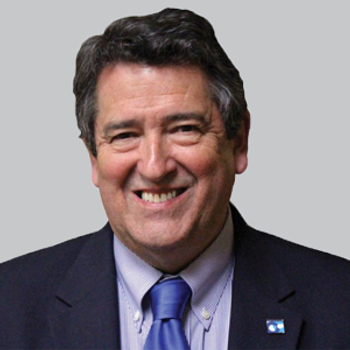
Donald S. Wood, PhD, president and chief executive officer at the MDA, provided thoughts and perspectives on the promising design and educational attainment for the 2025 MDA Clinical & Scientific conference.

Mind Moments®, a podcast from NeurologyLive®, brings you an exclusive interview with Jonathon Parker, MD, PhD. [LISTEN TIME: 23 minutes]

Mind Moments®, a podcast from NeurologyLive®, brings you an exclusive interview with Jonathan Parker, MD, PhD. [LISTEN TIME: 23 minutes]

Hugo Xi, head of Medical Neurology at UCB, discussed the company’s groundbreaking research, innovations in epilepsy care, and the company’s commitment to advancing treatments for rare syndromes at the 2024 AES Annual Meeting.
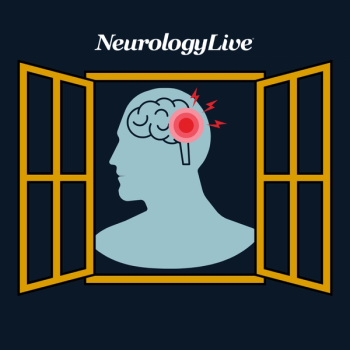
A partnership between a stroke expert coalition and the technology offered by RapidAI has provided a potential roadmap for improving rural stroke care in remote areas of the United States.

The assistant professor of neurosurgery and neuroscience at Mayo Clinic Arizona provided context on the potential of regenerative therapies like stem cells to restore neural function in patients with epilepsy. [WATCH TIME: 3 minutes]

Most treatment-emergent adverse events were mild or moderate, with low rates of serious TEAEs leading to discontinuation (1.7% in DS and 2.2% in LGS patients).

Factors like education level, hypertension, diabetes, and depression did not significantly predict epilepsy risk in patients with dementia.

Brad Chapman, head of U.S Epilepsy and Rare Syndromes at UCB, provided context on some of the innovative research and studies being presented at the 2024 American Epilepsy Society Annual Meeting.

In both the randomized controlled trial and open-label extension, a higher proportion of patients without VNS achieved at least 50% and 75% seizure reductions compared to those with concomitant VNS treatment.

Fenfluramine showed a consistent safety profile in treating Lennox-Gastaut syndrome, with common adverse events such as decreased appetite, fatigue, and somnolence.

Although the study was limited, the data warrant further research and a raised awareness of the elevated risk associated with sleep apnea comorbidities in younger patients with epilepsy.

Test your neurology knowledge with NeurologyLive®'s weekly quiz series, featuring questions on a variety of clinical and historical neurology topics. This week's topic is on the American Epilepsy Society (AES) annual meeting.

Participants in the intervention group also reported themes of increased connectivity, creativity, and positivity.
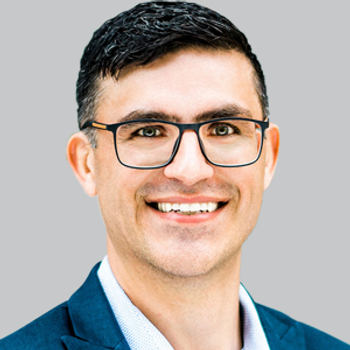
Treatment with relutrigine resulted in a 46% placebo-adjusted reduction in motor seizures, along with a well-tolerated safety profile with adverse events that were mild to moderate.

Treatment with bexicaserin, a highly selective 5-HT2c receptor superagonist, resulted in reduction in countable motor seizures in patients not previously exposed to the agent.